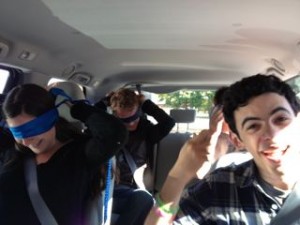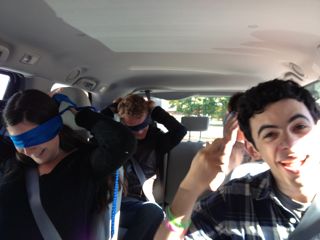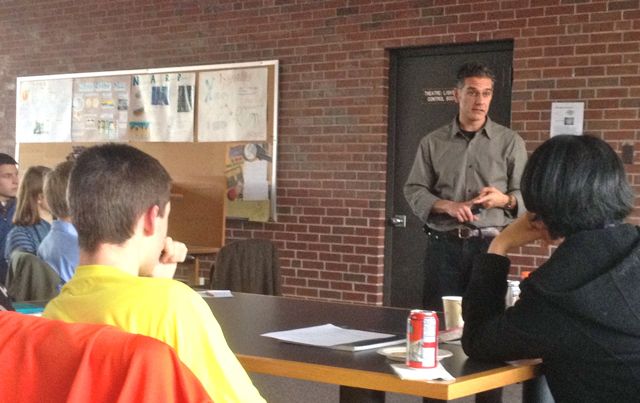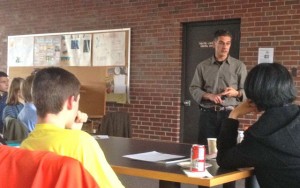Science Curriculum Changes to Physics First
On a blustery day in late fall, science teacher Paul Rutherford herded a class of physics students onto a school van. While Rutherford clambered behind the steering wheel, the students put blindfolds over their eyes.

The van started moving. Could the students tell how fast the bus was going? Rutherford asked. They could not. He turned a corner. Suddenly, his passengers could feel the movement, even if they couldn’t see it.
The students had just learned a lesson in the physics of motion, and had learned it in a way that kept them actively engaged.
Science Department Head Bill Berghoff relishes this type of hands-on learning. By next year, he hopes to see quite a bit more of it happening around campus.
“There’s going to be a lot of physics experiments, a lot of light and sound and dropping objects,” he said, adding with a grin, “There’s going to be lots of weird stuff going on, I think, next year.”




